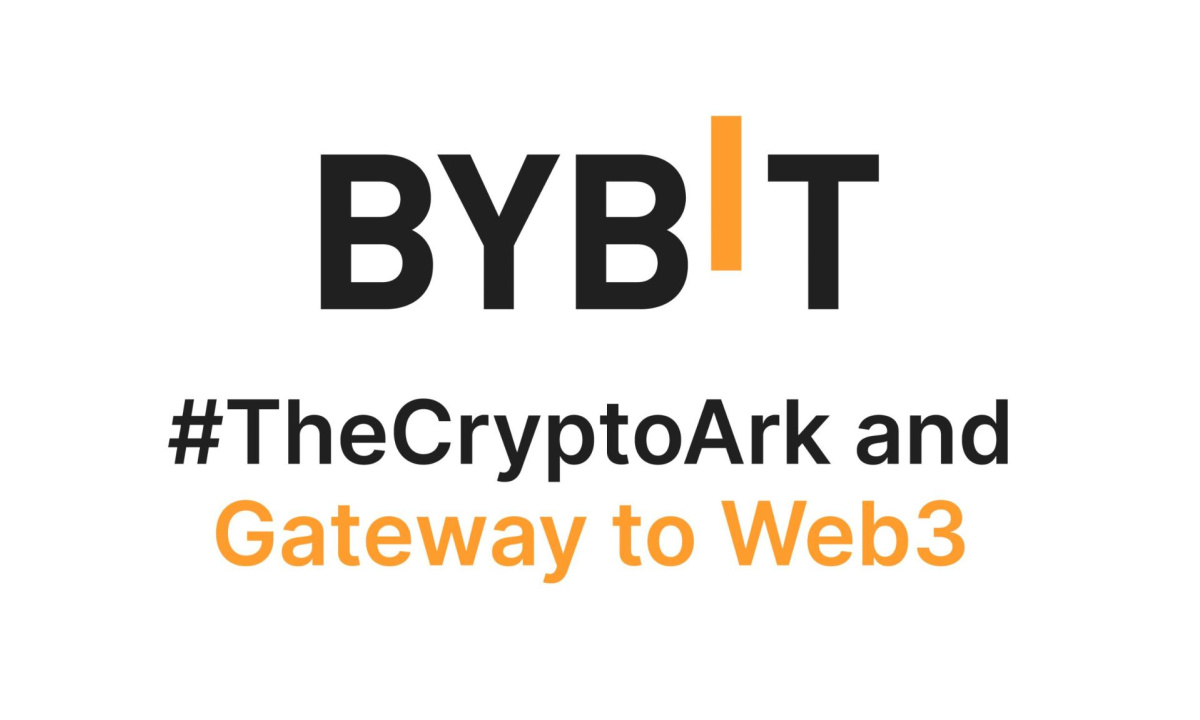US Banking Committee chairman Senator Sherrod Brown has touted the possibility of banning crypto, but believes that this could force it offshore.
In an interview with NBC’s “Meet the press”, Senator Brown commented that the SEC and the CFTC should consider banning all cryptocurrencies, but then added that he thought this would be difficult and that it would end up going offshore and out of the jurisdiction of the enforcement agencies. He said:
“We want them to do what they need to do at the same time, maybe banning it, although banning it is very difficult because it would go offshore, and who knows how that would work.”
He added:
“I’ve already gone to the Treasury and the Secretary and asked for a government-wide assessment through all the various regulatory agencies [….] The SEC has been particularly aggressive, and we need to move forward that way and legislatively if it comes to that,”
The Senator was scathing of cryptocurrencies, saying that they were “dangerous”, and “a threat to national security”, giving the example of how North Korea had implemented illicit cyber activity and how terrorism financing was taking place.
Opinion
Many in the US Senate will no doubt hold similar opinions to Senator Brown and it makes little difference if blockchain data platforms such as Chainalysis prove that illicit activity on the Bitcoin blockchain is fairly negligible.
Far more US dollars will be used every day by terrorists, drug traffickers, money launderers, and every type of fraudster worldwide, but that doesn’t mean that US financial enforcement agencies are going to ban its use.
Senator Brown is quite right when he said that cryptocurrencies would move offshore if banned in the US, but if they are so niche and make up such a miniscule fraction of wealth worldwide, what is there to worry about?
It may be that the Senator can guess that other countries might well make use of the innovations that cryptocurrencies bring to the table. He might also not like the fact that they can be used to bypass the dollar and can be freely exchanged between anyone without any third parties needing to touch the transaction.
The time is already here when the danger of holding a fiat currency in the bank means a significant yearly loss to inflation on the one hand, and the distinct possibility of losing it all, if the financial system should come crashing down.
Disclaimer: This article is provided for informational purposes only. It is not offered or intended to be used as legal, tax, investment, financial, or other advice.
Credit: Source link














